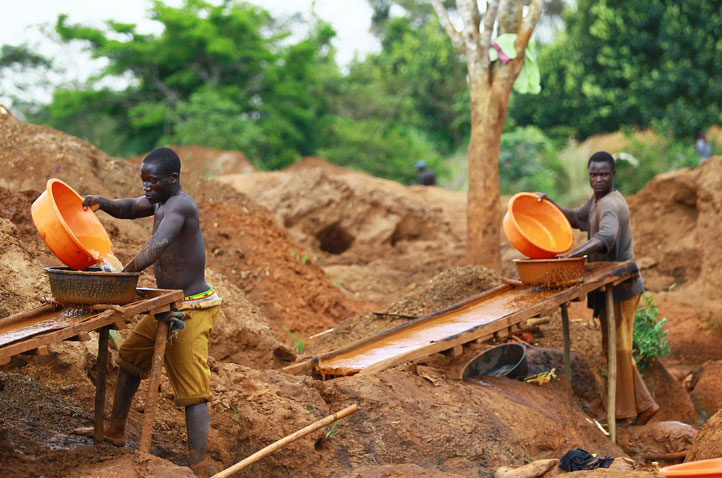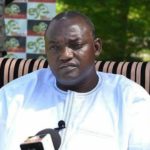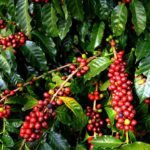The African Development Bank has allocated a €1.2 million grant to provide training to help resource-rich countries improve their mining revenues.
The Bank’s Regional Development, Integration and Business Delivery Complex approved the first-of its kind grant from the Transitional Support Facility for the project on Financial Modelling for the Extractive Sector (FIMES) in December. The project will be implemented in Africa’s transitional countries from 2020 to 2022.
The FIMES project will train policymakers responsible for the extractive sector to realise greater returns from natural resource investments in their countries.
The Bank’s African Natural Resources Centre (ANRC) will implement the pilot project in the eight beneficiary countries, namely Guinea, Liberia, Niger, Mali, Madagascar, South Sudan, Sierra Leone and Zimbabwe.
“Africa’s transitional countries need to build state capacity to mobilise revenues from natural resource investments, to address reconstruction, infrastructure and socio-economic priorities. The FIMES project will equip transitional countries with the right skills and knowledge to enhance domestic resource mobilisation for accelerated growth and sustainable development,” said Vanessa Ushie, Manager of the Policy Analysis Division in the African Natural Resources Centre.
“Given the strategic importance of natural resource revenues for building peace, stability, and resilience in transitional settings, the project is timely for the Bank and the beneficiary countries,” she added.
AfDB research shows that many African governments do not extensively use financial models to inform investment decisions, or monitor revenue flows from extractive industry concessions, leading to significant revenue losses for the state.
The FIMES project has been informed by the Bank’s Strategy for addressing fragility and building resilience, its Governance Strategic Framework and Action Plan, and Human Development Strategy. More broadly, the FIMES initiative will support the implementation of African countries’ natural resource development plans. It will further contribute to the achievement of the Bank’s High 5s, AU Agenda 2063 and the UN Sustainable Development Goals by boosting domestic resource mobilisation from Africa’s natural resource sector.








